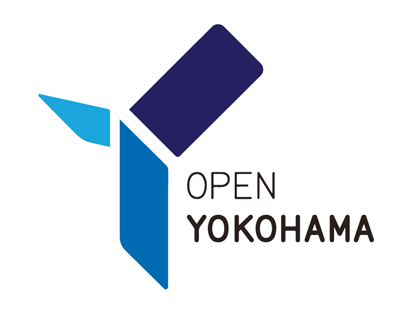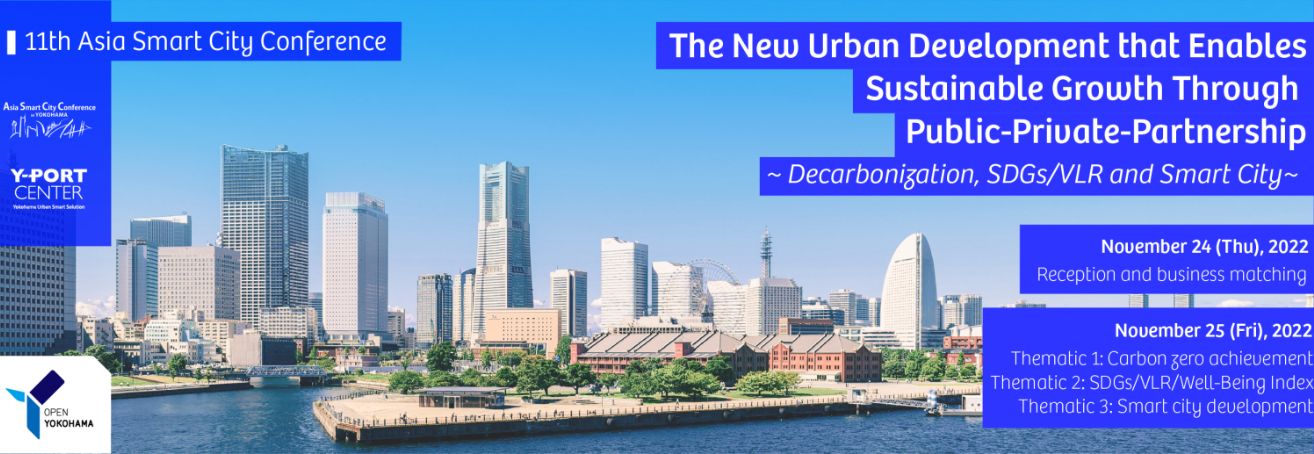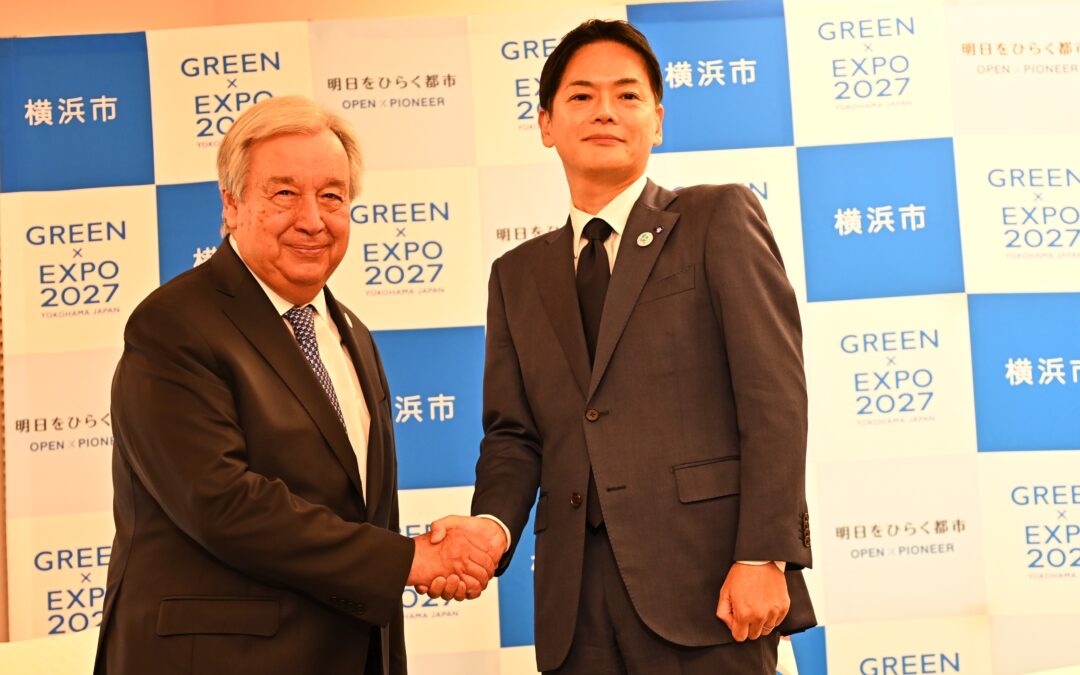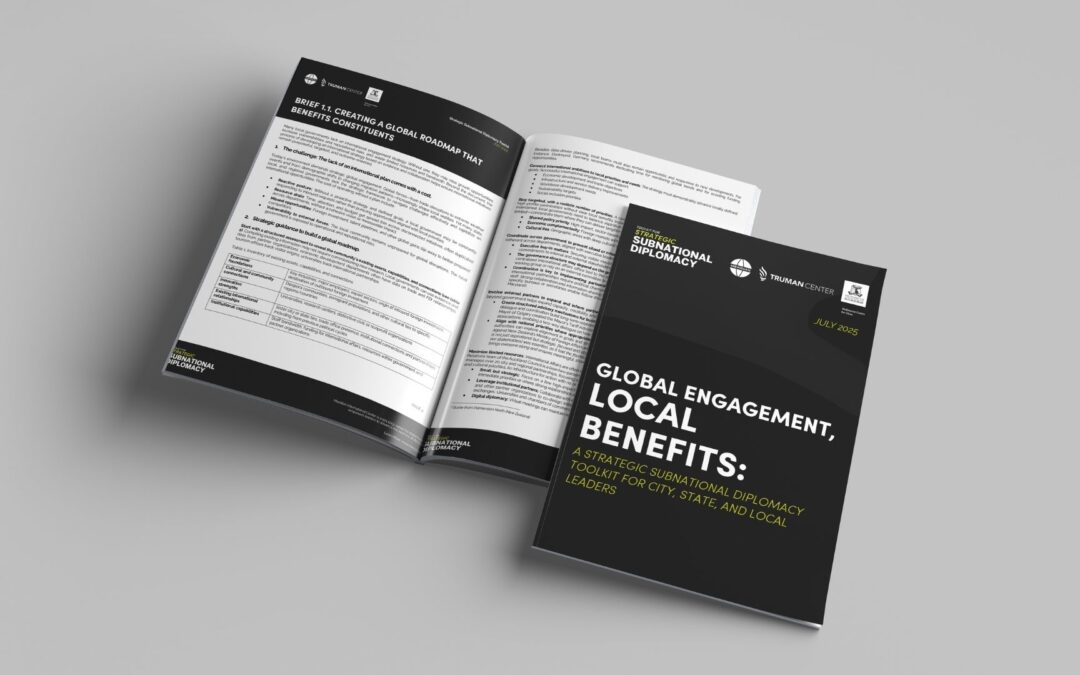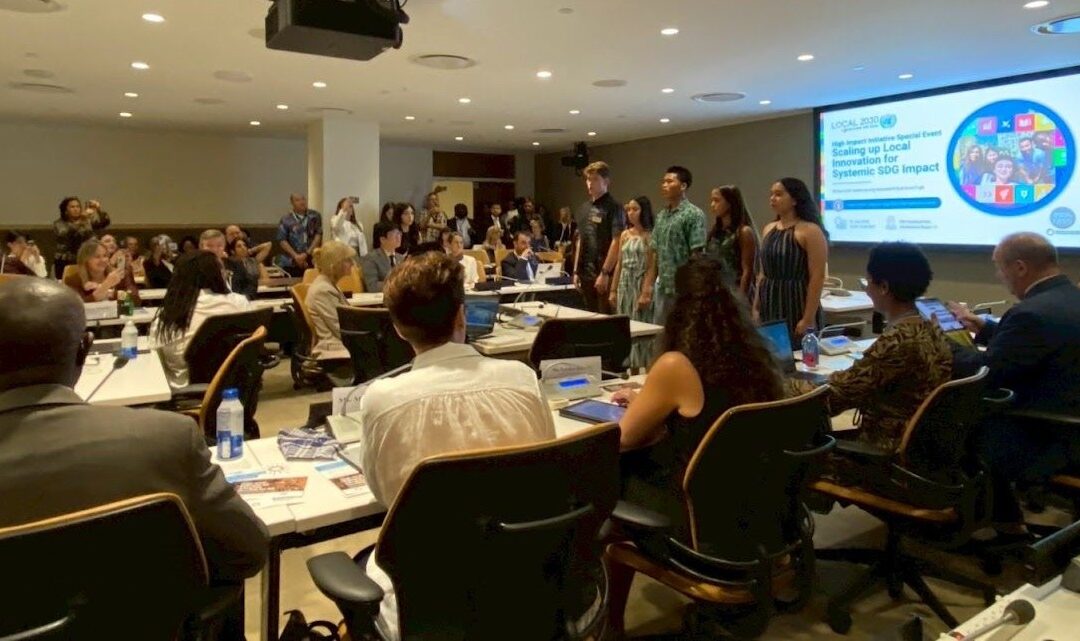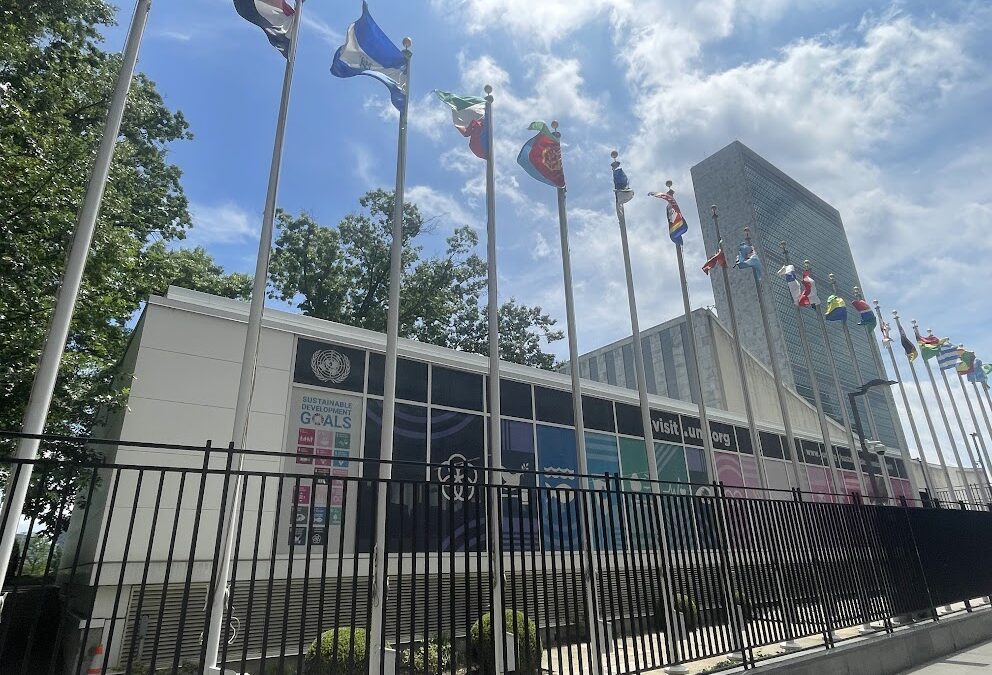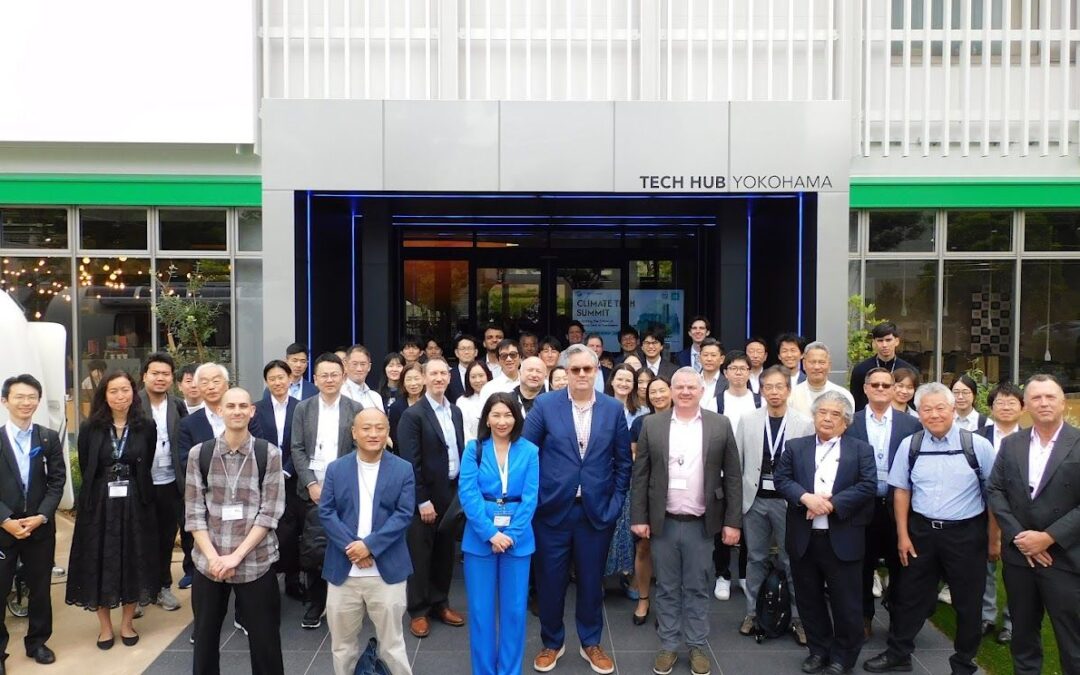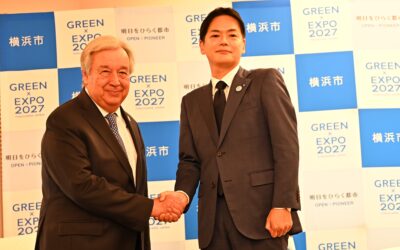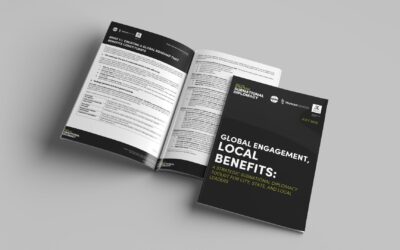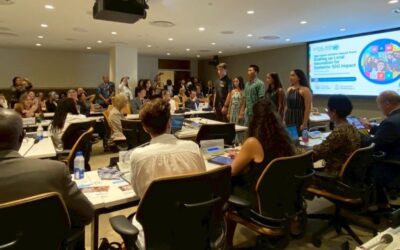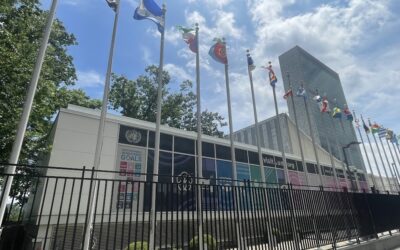The 11th Asia Smart City Conference (ASCC 2022) was held virtually from November 24-25th, and was attended by over 900 participants from around the world, including representatives from overseas cities, international organizations, private organizations, local universities and more. The conference was held and organized with the joint cooperation of the City of Yokohama, World Bank, and Asian Development Bank, with “the formation of a decarbonized society,” “voluntary local government review of the SDGs,” and “increasing city attractiveness” forming the three main themes. In addition, 30 companies from Yokohama and other regions including overseas participated in exchanges through a specialized business matching session during the conference.
As urban densification—the increasing density of people living in urban areas—progresses, regional productivity and residents’ income will generally increase, but these factors will create new urban challenges that hinder the sustainable development of cities. With growing interest in the UN’s proposed Sustainable Development Goals (SDGs) that provide a blueprint and roadmap for creating a more sustainable and equitable future, over 100 local governments around the world have published Voluntary Local Reviews (VLRs) documenting their progress towards the achievement of the Sustainable Development Goals. The Japanese federal government has also indicated its support for such endeavors. The Smart City Institute Japan, in collaboration with the Japanese government, has created the “Liveable Well-being City Index,” an index for urban development that enhances citizens’ sense of well-being by balancing objective and subjective index data on the current situation within the city and comparing it with global standards.
How are the efforts of local governments and private companies to achieve the SDGs evaluated and reviewed? Also, after evaluating and reviewing the current state of the city, how can you determine the correct approach or course of action that should be used in the future based on those findings to continue the sustainable development of the city? During a special session of ASCC 2022, there were presentations from Yokohama City on the results of Yokohama’s VLR, Da Nang City on its urban development standards for sustainability, and Smart City Institute Japan on indicators for measuring peoples’ well-being.
In a discussion section after the presentations, the City of Yokohama proposed a step-by-step approach of using a VLR to (1) jointly monitor your own city and other emerging cities, (2) identify urban issues, and (3) create solutions through public-private partnerships. Da Nang City also expressed an interest in implementing its own VLR in the future.
Through discussions like these and the process of sharing experiences, smart cities around the world can collaborate to solve issues and share successes to increase the global progress toward the SDGs.
Related Sites:
